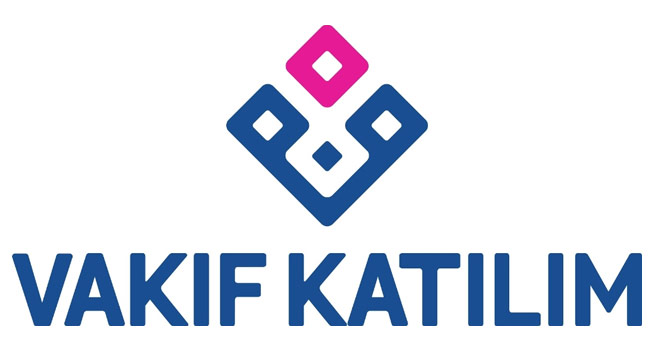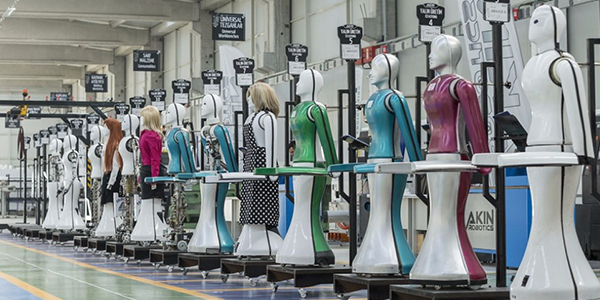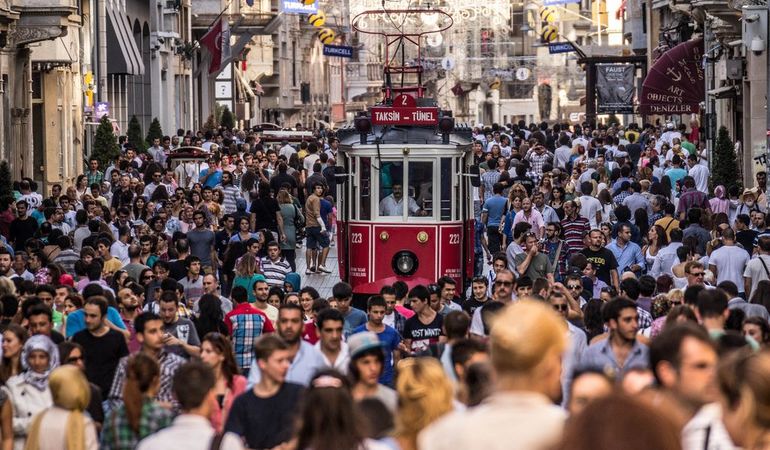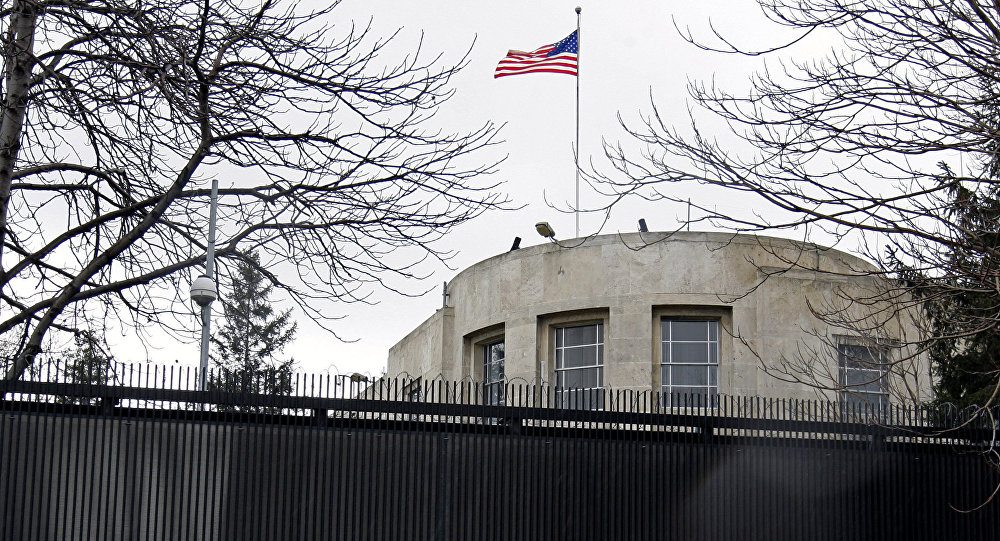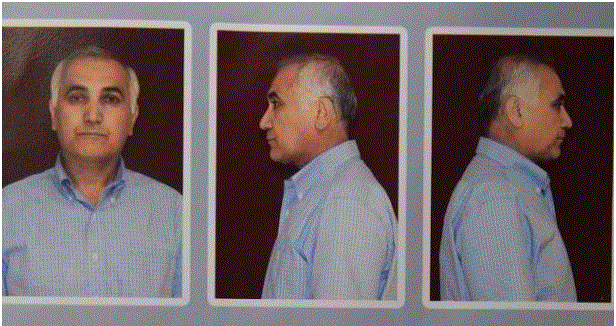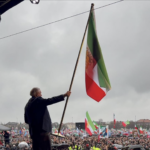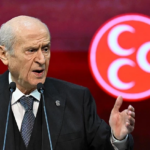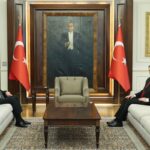After observing young left-wing intellectuals express repeated yearnings for ideology, I said that new inspirations, new ideologies, and new identifications would come from the Third World. (1)
Daniel Bell published The End of Ideology in 1960, coming on the heels of a decade that Americans still remember as the Golden Age, when everything was calm and orderly. Naturally, reality was much more complex than that, as the upheavals of the 1960s were to quickly illustrate.
But in spite of that, and the claims of some intellectuals that the 60s disproved his ideas, Bell’s text remains as persuasive today as it was then, and retains its explanatory power. His thesis was, at the core, fundamentally sound: U.S. society had moved beyond the grand, all-encompassing ideologies motivating the political maelstroms which wracked European societies from the 16th century up to the 20th. Henceforth, political ideologies would be local and focused on specific problems. He did provide one caveat: newly developing societies would continue to experience political upheavals, and would see the emergence of political leaders attuned to the specific needs and cultural values of their societies:
… the extraordinary fact is that while the old nineteenth-century ideologies and intellectual debates have become exhausted, the rising states of Asia and Africa are fashioning new ideologies with a different appeal for their own people. These are the ideologies of industrialization, modernization, Pan-Arabism, color, and nationalism. In the distinctive difference between the two kinds of ideologies lies the great political and social problems of the second half of the twentieth century. … The mass ideologies of Asia and Africa are parochial, instrumental, and created by political leaders… The impulsions of the new ideologies are economic development and national power. (2)
Turkey, in 1960, seemed to act out exactly the sort of phenomena described by Bell. After a decade of its first true democratic experience, in a coup instigated by young, leftist-nationalist, lower-ranking officers, the Turkish military overthrew an elected government and its top officials, and executed three of them the following year. In fact, Turkey had been undergoing a political search for identity and ideology since the late-18th century, and the 1960 coup was just the latest turmoil in that process. Subsequently, Turkish politics has continued to be dominated by mutual antagonism and polarization between the left and the right, the secular and the religious, the official and the civilian. Including 1960, Turkey has experienced three coups that featured military violence (1960, 1971, 1980), another that featured very strong threats by the military to push out elected officials without actually seizing power (1997), at least one failed threat from the military (2007), and (over 2004-2007) perhaps several aborted coup attempts. From the late 1960s until the 1980 coup, Turkey was tormented by politically-motivated street violence; in the 1980s and 1990s Turkey suffered assassinations of various media, business, and political figures, most of which have remained unsolved, and the PKK’s violent insurgency based on a Kurdish version of Maoist ideology.
In short, Turkey was experiencing the Age of Ideology.
Now, however, with the removal of the soldiers from politics, as well as a drastic curtailing of the influence of the Fethullah Gülen movement, Turkey looks to be entering the same “end times” explained by Bell so many decades ago.
On the surface, this may seem counter-intuitive. After all, the political parties that exist on the Turkish scene all claim heritage from the great Western ideologies. Even the Islamic foundations of Prime Minister Tayyip Erdoğan’s Justice and Development Party function as color and substance for its essentially conservative-modernist political framework. Daily political life in Turkey is dominated by statements or announcements from these parties that seem to reflect or to resonate with their ideological preconceptions of what should be. But this appearance is misleading.
The Justice and Development Party (AKP) is by far the most popular party in the country. Most observers, domestic or international, regard the AKP as an “Islamic” party, which would fit extremely well with the definition of ideology that Bell wrote for his book’s original epilogue. Bell stated that
A total ideology is an all-inclusive system of comprehensive reality, it is a set of beliefs, infused with a passion, and seeks to transform the whole way of life. This commitment to ideology — the yearning for a “cause,” or the satisfaction of deep moral feelings — is not necessarily the reflection of interests in the shape of ideas. Ideology… is a secular religion. (2)
However, when one looks closely at the AKP’s political choices — or its political economy, if you will — it becomes much more difficult to identify exactly what the AKP stands for. The AKP movement embraces a conservative and moderate political vision. The party emerged in 2001 through a split in the Islamic movement as led by Necmettin Erbakan, and reaching back to the early 1970s. The more ideological segment of Erbakan’s party formed the Saadet (Felicity) Party, which has since garnered only 1-3% of the vote in various elections.
Economically, the AKP mostly follows neo-liberal policies — what was known in the 1990s as the “Third Way.” Following in the late Turgut Özal’s tracks, they have kept dramatically opening the Turkish economy to the global market over the past ten years. They persistently Keynesian fiscal policies to boost demand. While advocating both lower inflation and lower interest rates, they use the USD to manipulate the TL’s exchange rate. Prominent AKP figures dealing with the economy, such as Ali Babacan (economics advisor to the PM), Erdem Başçı (head of the Turkish Central Bank since 2011), and Mehmet Şimşek (Treasury Minister), have all completed graduate degrees in Western universities. Babacan graduated from Northwestern’s Kellogg School, Başçı from Johns Hopkins, and Şimşek from Exeter in the U.K. A previous AKP figure dealing with the economy, Durmuş Yılmaz (head of the Turkish Central Bank over 2006-2011), had also received his higher finance education in the U.K.
Together with its middle-of-the-road approach to macroeconomics and finance, the AKP is notably populist when it comes to domestic matters. Massive infrastructure projects have become an overt feature of the AKP’s term in power: rail- and bus-based public transportation, high-speed inter-city trains, super highways, suspension bridges, and the planned “third” mega-airport for Istanbul are all indicators of the AKP’s fiscally expansive, job-creating, partly redistributionist economic populism.
On many other issues, too, the AKP is similarly non-ideological: “sin taxes” are actually imposed for reasons of state revenue, and not because of moral outrage; foreign policy is couched in terms of human rights and ethics; education reform is aimed at providing a broader, less ideological, and more culturally-relevant curriculum; the technology and defense sectors are encouraged in the name of nationalism, domestic technological know-how, and opening new potentials for future generations.
For the past ten years, commentators domestic and foreign have often assumed that Turkish voters have been supporting the AKP with growing vote totals because of the AKP’s Islamic identity. Even though this characterization was always open to question, the essential accuracy of the label was never seriously criticized.
It was the 30 March 2014 Turkish local election results which first threw this assumption into doubt. Why? The AKP had openly split from the main Islamic group that gave the AKP its greenish tinge, Fethullah Gülen’s Hizmet movement. But despite Gülen’s overt and caustic opposition to the AKP, which had been developing slowly since 2011 and burst into the open in November-December 2013, the AKP still garnered 46 % of the vote in the those local elections, nearly seven percentage points higher than its vote tally in the 2009 local elections.
The reason is that a significant portion of the Turkish electorate has moved into post-ideological space, and no longer cares that much about the explicit ideology of a political party. Indeed, ideological commitments now spark apprehension in the Turkish voting masses. What Turkish voters want to see is results in terms of a well-run economy, development of social services, education accessible to all, and equal opportunity. Above all they want peace and stability.
(to be continued)
———————————–
NOTES
(1) Bell, Daniel. The End of Ideology: On the Exhaustion of Political Ideas in the Fifties. Cambridge, Mass.: Harvard University Press, 2000. p. 409.
(2) Ibid., p. 403.
(3) Ibid., pp. 399-400.
Yazıyı beğendiysen, patronumuz olur musun?
Evet, çok ciddi bir teklif bu. Patronumuz yok. Sahibimiz kar amacı gütmeyen bir dernek. Bizi okuyorsan, memnunsan ve devam etmesini istiyorsan, artık boş olan patron koltuğuna geçmen lazım.
Serbestiyet; Türkiye'nin gri alanı. Siyah ve beyazlar içinde bu gri alanı korumalıyız. Herkese bir gün gri alanlar lazım olur.






